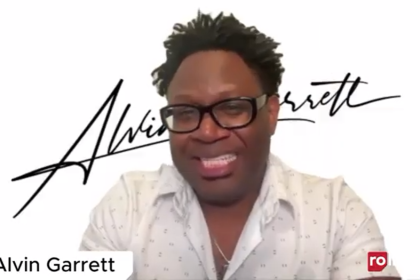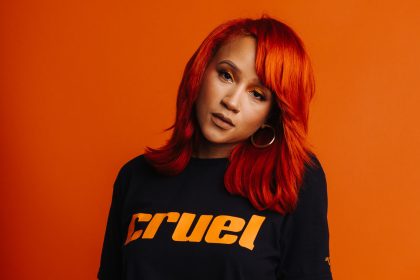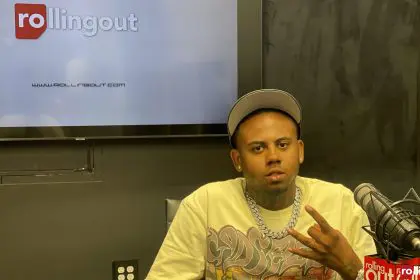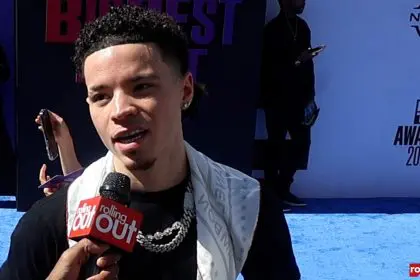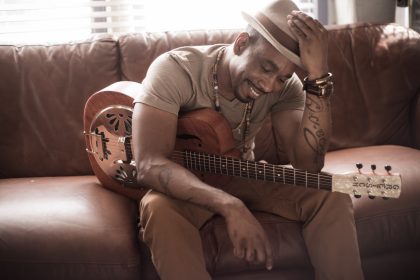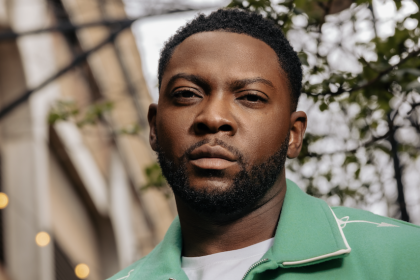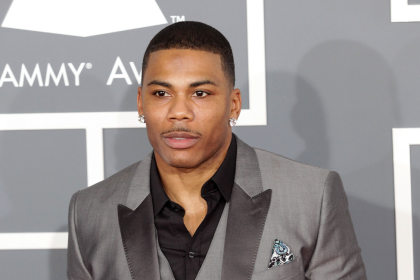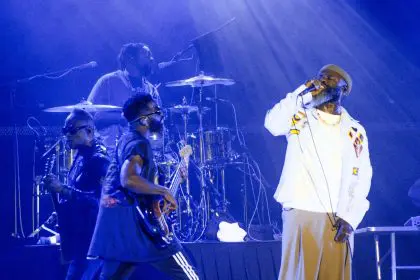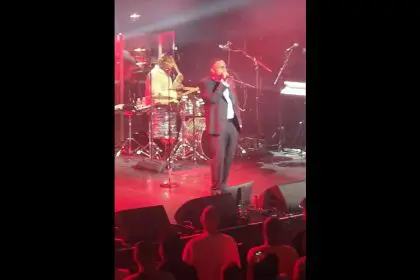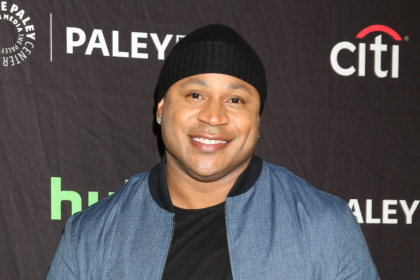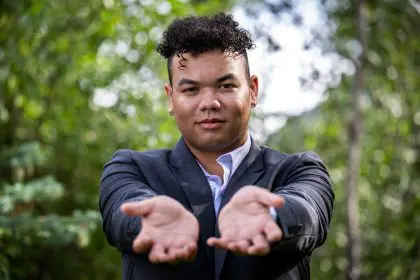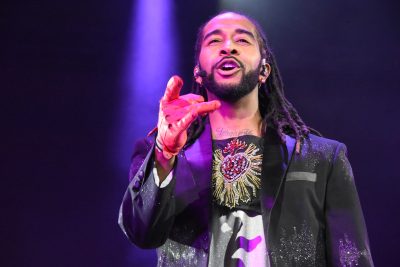
Legendary DJ and producer Jazzy Jeff has been rocking crowds and making hit records for over 30 years. With numerous accomplishments under his belt, it’s amazing how much his artistry continues to inspire. In his interview with rollingout, he discussed the current state of deejaying, Will Smith’s lyricism, and A Touch of Jazz.
How has the art of deejaying changed over in the past 30 years?
Well with anything, technology changes everything. And the funny thing is that I’ve been on both sides of the coin. I’ve been the super-traditional analog guy, but on the other hand, I’m a gadget fanatic. I’ve also had the opportunity to be around when the record companies slowed down their pressing so sometimes you feel like, Oh, I may be forced out of something from a technical aspect. So actually I feel like the digital vinyl is what actually helped save the culture because nowadays very few record companies even press up vinyls anymore so I think that effects the party, because you can’t even play the records people want to hear because the companies aren’t pressing them up.
How did you get involved with the Red Bull Thre3style and what has been its overall impact?
I’ve done a lot of events for Red Bull over the past few years, and a very good friend of mine was one of the people that started the concept of “Thre3styling” in Canada and after it started expanding, I got a call to be a judge on the World Finals of the Red Bull Thre3style and to realize that you have a company as big as Red Bull that throws these competitions and the criteria of people that get in these competitions is basically everything that I supported as a real DJ. Things such as being concerned with your play selection, you playing more than one genre of music, and how well you adapt in those situations started to actually breed talented DJs and from that point on, I was all in.
You and Will Smith boycotted the Grammy’s back in 1989. Have the Grammy Awards gotten better rewarding hip-hop artists who deserve to be honored?
I think it’s been a full circle. There was a time that I thought that they had gotten really good at understanding hip-hop culture and now as of recently, I think they’ve gone back to some of their old ways of not caring about hip-hop culture. But I also feel like it’s two-fold because you look at the state of hip-hop right now and it’s a lot of good, and a lot of not so good. There is a side of me that thinks that the Grammy’s takes hip-hop as seriously as the hip-hop community takes it, and when we go through those periods of being [disgusted] with hip-hop, I believe the Grammy’s reflects the same attitude toward it. We can’t look at the Grammy’s to save hip-hop, so that means we have to support the artists and care more about it, as a whole.
“Summertime” remains a hip-hop classic. Besides “Summertime,” which three songs remind you most of summer?
This is a hard question to answer because me and my guy Mick Boogie have been putting out summertime mixtapes for the past five years with all of our favorite songs. Looking at all of the music that we chose, there are so many that remind you of the summer and give you that feeling. As a child, being six years old, there’s a piece of music that you can relate to the summertime, especially if you come from the hood with the fire hydrants, ice creams trucks, etc. The vibe of “Summer Madness” by Kool and the Gang reminded Will and I of warm summer nights, which is why we chose to sample it, but I could probably look at our summertime mixtape covers and give you 300 songs! (Laughs)
You recently called Will Smith one of the greatest rap storytellers. What makes Will a prolific storyteller in hip-hop?
He has a crazy imagination. For someone to be able to make up a story on the fly that will capture your attention means that he has opened up so many doors for his imagination to flourish in. He has the ability to create the scenario, and then write the story. When you think about someone that can do that, that’s a screenwriter, or a playwright, which is why he chose to jump into movies. I would always joke with him because he had an unfair advantage because not only could he spew out the story, but he could also write the script.
When you created A Touch of Jazz, what were your initial goals?
A Touch of Jazz was actually started as a means for me to hide behind, because as much as I was a part of DJ Jazzy Jeff and Fresh Prince, I am [a part of] Jill Scott but I needed a means to show that. Back then, you couldn’t do hip-hop and then try to do anything soulful because people would always try to pigeon-hole you, so ATOJ was something that I could hide behind that really allowed me to be able to be as creative as possible in that world without people knowing that it was me.
By Andre J. Ellington (@TheSuitMastor)

